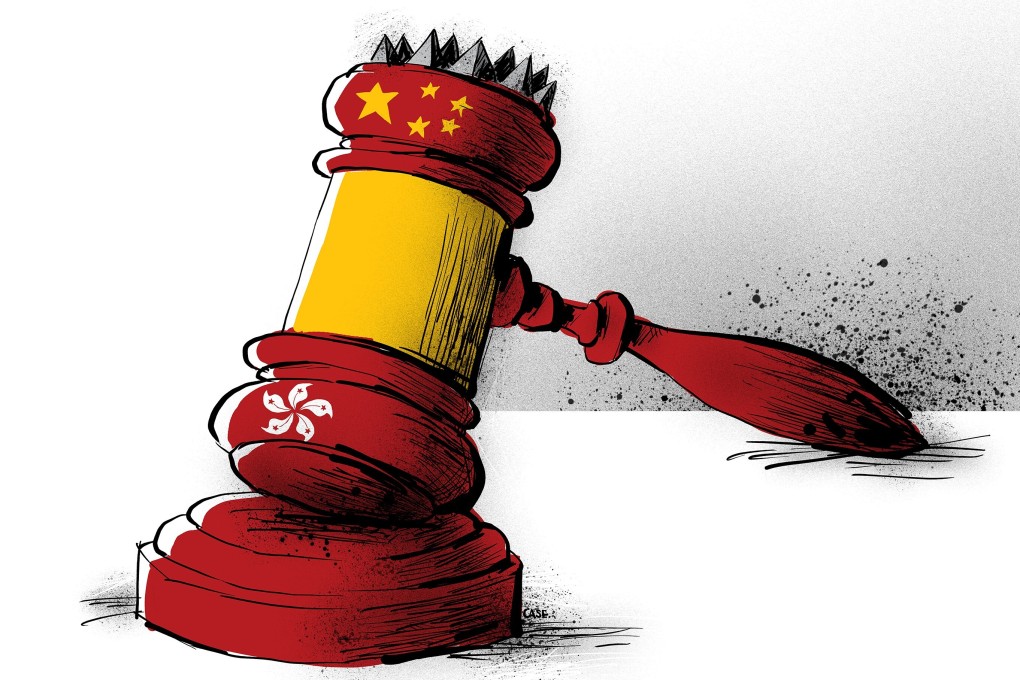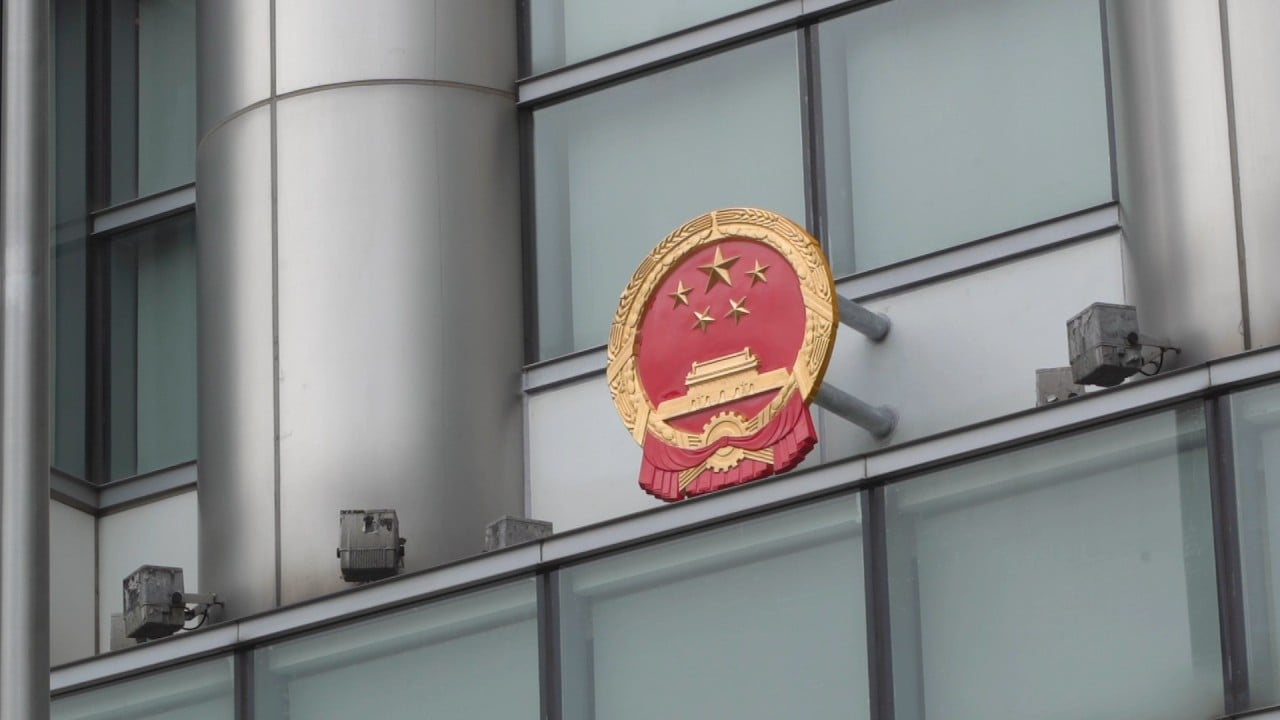Opinion | How Hong Kong courts resolve tension between national security law and Basic Law will determine the city’s future
- The Hong Kong judiciary is being called upon to calibrate the ‘one country, two systems’ formula so that it comfortably accommodates Hong Kong cultural values with national aspirations

Hence the crucial question is: has the office been given executive powers exercisable within Hong Kong’s justice system?
Article 49(4) says that the office’s mandate includes “handling cases concerning [an] offence endangering national security in accordance with the law”. The expression “handling cases” is amorphous. If it meant, for instance, prosecuting offenders in Hong Kong’s courts, that would be contrary to the general principles set out in Article 1 of the law and would set up a clash with the Basic Law.

02:45
Hong Kong hotel becomes home to Beijing’s new national security office in the city
Leaving aside these reservations, one sees at the outset the statement of general principles. Article 1 says the purpose of the law is to ensure “the resolute, full and faithful implementation of the policy of ‘one country, two systems’ under which the people of Hong Kong administer Hong Kong with a high degree of autonomy”. The last stated general principle is “protecting the lawful rights and interests” of Hong Kong residents.
These statements of principle inform all the following articles – including Article 49(4). Except in a very narrow category of cases, the entire process of investigation, prosecution and trial of cases under the new law is in the hands of the Hong Kong authorities.
